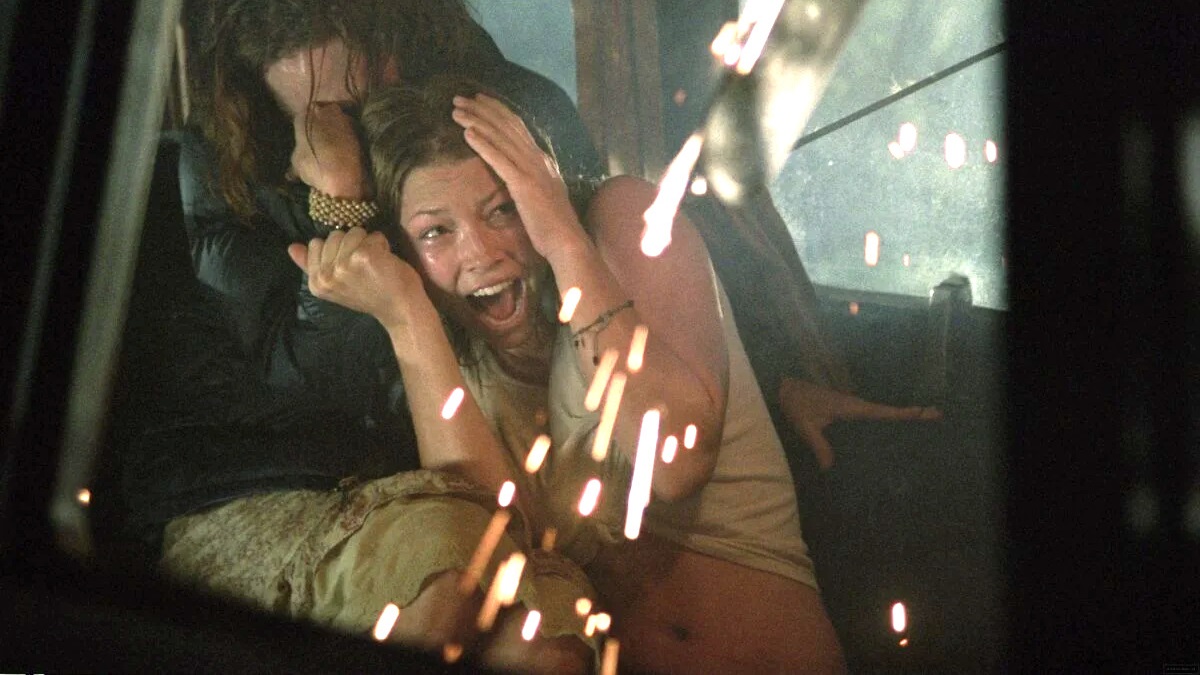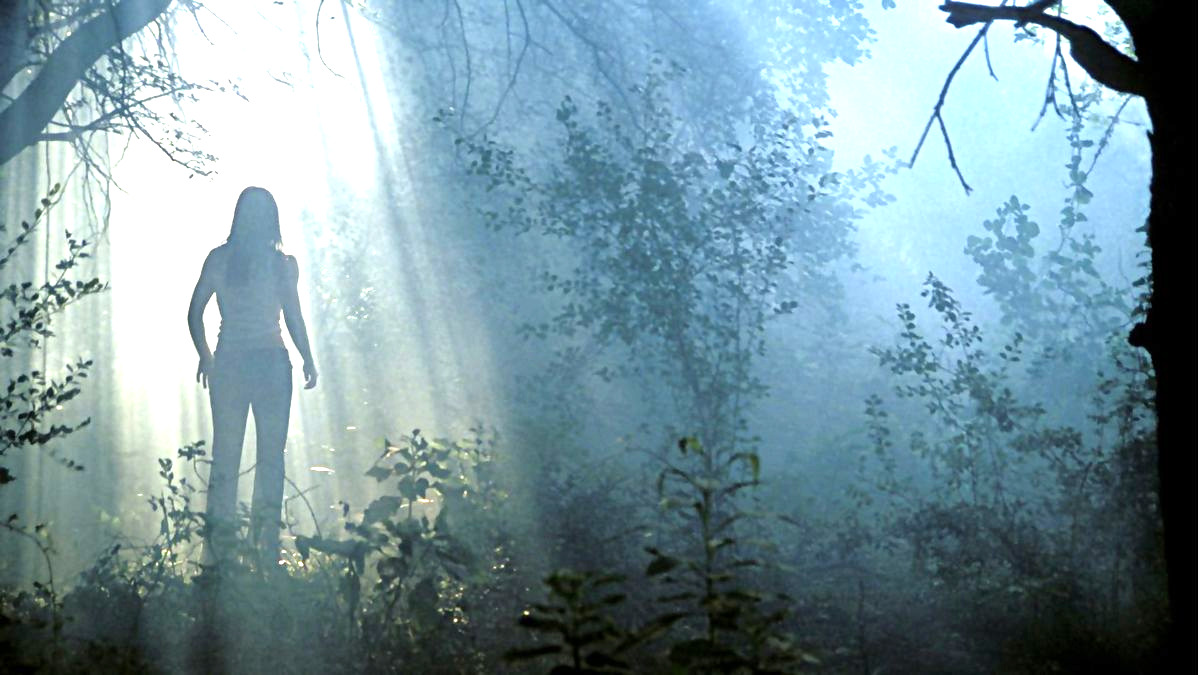Michael Bay may have solidified his place in Hollywood by establishing himself as one of the most visually distinctive directors in the business with a penchant for blowing up as much sh*t as possible, but he’s arguably had an even bigger impact on horror after producing 2003’s game-changing remake of The Texas Chainsaw Massacre.
Even though the do-over of the all-time classic wasn’t enthusiastically received by critics – as attested by a lukewarm 37 percent Rotten Tomatoes score – it still earned $107 million at the global box office on a budget of under $10 million, setting off a light bulb in the heads of studio executives all across town in the process.

Just like that, it was decreed that any noteworthy horror property which carried even the slightest hint of name recognition would be subjected to remakes, reboots, legacy sequels, prequels, requels, and any other buzzword that tickled a particular fancy at any given time. Hell, we’ve even had another four Texas Chainsaw Massacre slashers in the 20 years since.
The legacy left behind by director Marcus Nispel’s relatively unheralded effort should never be overstated, then, but it’s crushingly ironic that the film which ended up reinventing the face of an entire genre was completely unnecessary to begin with. Is it better than its predecessor? No. More exciting? Nope. Does it offer a brand new reinvention of a story that was already told? No chance.
It’s gorier, that’s for sure, but it just goes to show how cyclical and willing to jump on a bandwagon the business can be when a project that never needed to exist ended up spawning a craze that’s been running for two decades, with no sign of it petering out.

